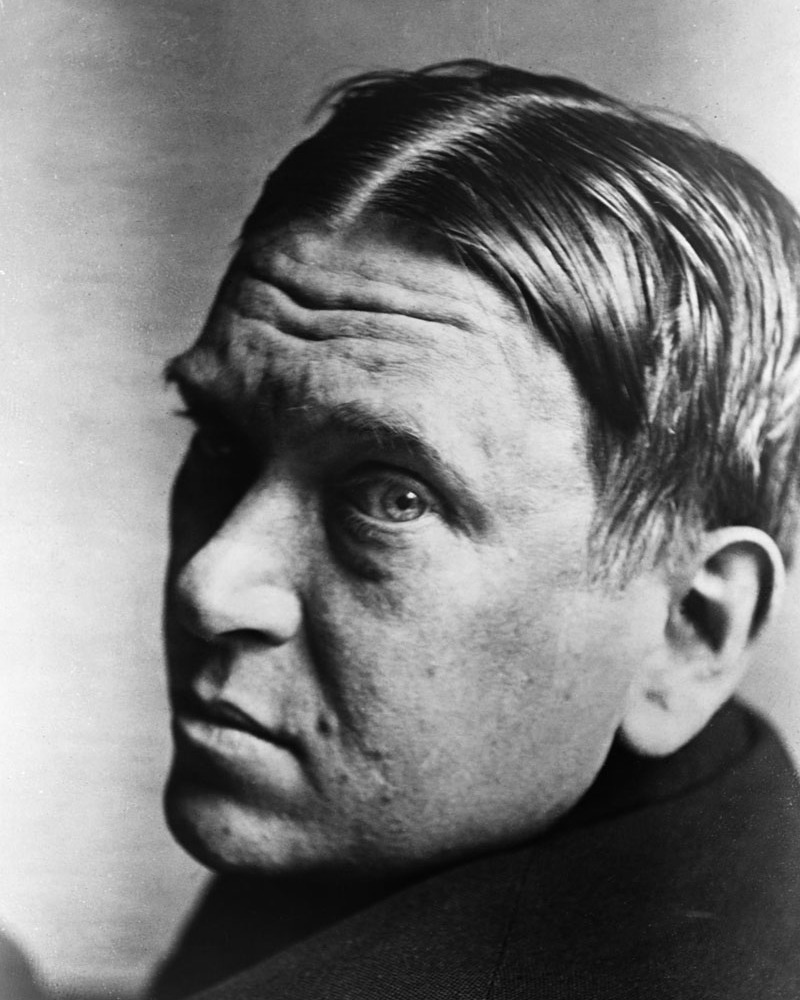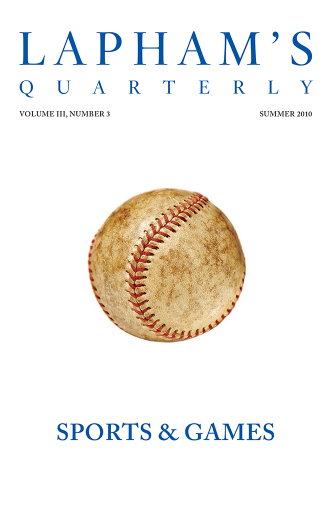
H.L. Mencken
“Types of Men,”
1922
“Types of Men,”
One of the most mawkish of human delusions is the notion that friendship should be eternal or, at all events, lifelong, and that any act which puts a term to it is somehow discreditable. The fact is that a man of active and resilient mind outwears his friendships just as certainly as he outwears his love affairs, his politics, and his epistemology. They become threadbare, shabby, pumped up, irritating, depressing. They convert themselves from living realities into moribund artificialities and stand in sinister opposition to freedom, self-respect, and truth. It is as corrupting to preserve them after they have grown flyblown and hollow as it is to keep up the forms of passion after passion itself is a corpse. Every act and attitude that they involve thus becomes an act of hypocrisy, an attitude of dishonesty. A prudent man, remembering that life is short, gives an hour or two, now and then, to a critical examination of his friendships. He weighs them, edits them, tests the mettle of them. A few he retains, perhaps with radical changes in their terms. But the majority he expunges from his minutes and tries to forget, as he tries to forget the cold and clammy loves of year before last.

